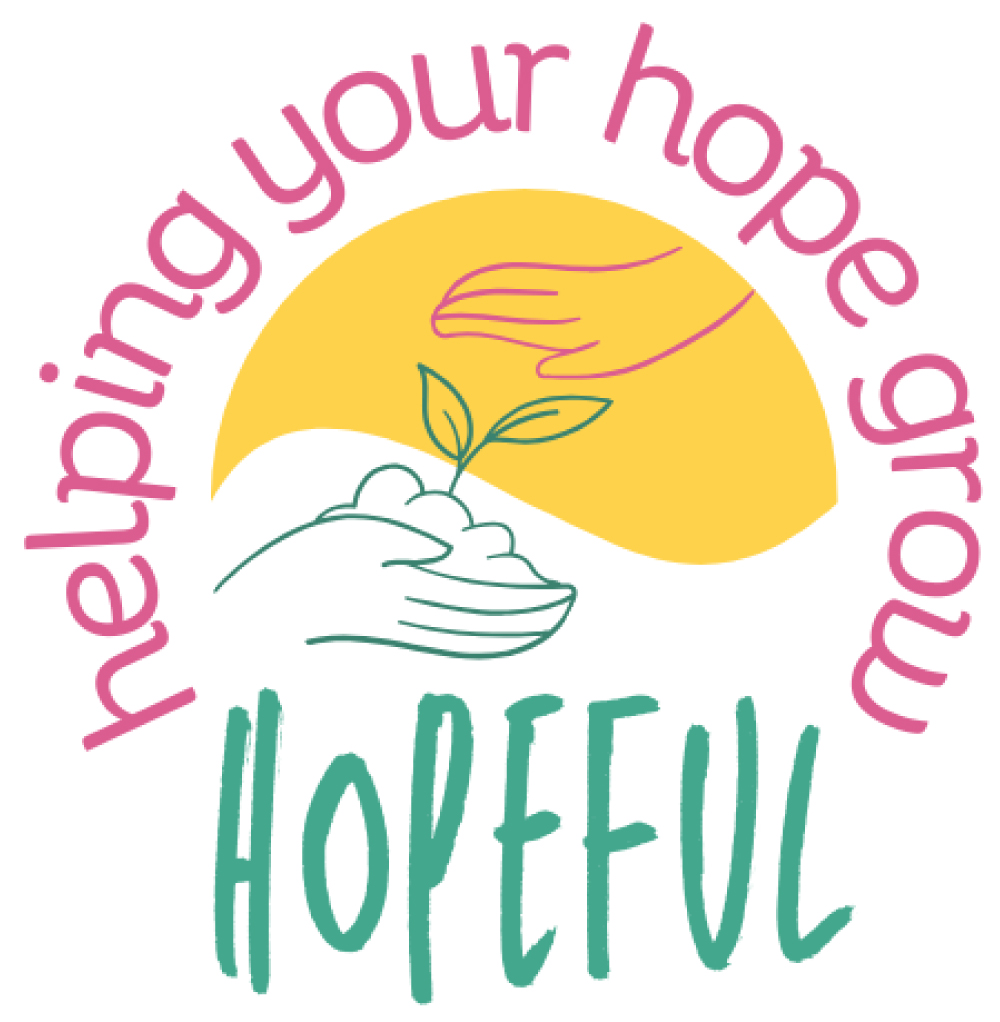We refer to HOPEFUL as an intervention. “Intervention” is a word that we use to mean any package or programme that is designed to help people improve their lives, by helping them to change how they think, feel, and/or act.
The word “intervention” could be off-putting to some young people. It might sound a bit scary or medical. It might help to refer to HOPEFUL as a package, programme, or project that you are doing together.
I’d pitch it to people as being like having a personal trainer. This is like getting fit, but you’re getting life-fit. Anything that de-stigmatises and makes it about you taking control and then being your best self.
“Hope” and “goals”, because it’s encouraging. Things like “decisions”, or “responsibility” will probably put quite a bit of pressure. Something like “success” as well. They’re all quite enforced rather than coming from a person themselves.
We talked with young people about the kind of language they would like to be used to advertise HOPEFUL and in the intervention materials themselves. They recommended words like “hope”, “goals”, and “fulfilment”. They advised avoiding words like “success” and “achievement”, which can feel demotivating and overwhelming. Generally, we recommend listening to and using the language young people themselves use to talk about their experiences, goals, needs, and problems.
We recommend that if you are in any doubt about what words or terms to use, ask! It can be really helpful to have an open and transparent conversation with the young person you mentor in which you emphasise that:
- everybody uses language differently
- some words can feel uncomfortable or even trigger unpleasant emotions – even if other people might find these words okay
- the young person can feel welcome to let you know what language they prefer
Good to use things like “manageable” or ”achievable” – something that sets it out as do-able for the person – and then words like ”fulfilment” or ”hope”, ”your happiness” – things that will I think be more appealing to people. Another was ”options”, so the emphasis on exploring options rather than fixating on one thing. I’m guessing that would make someone feel more hopeful.
